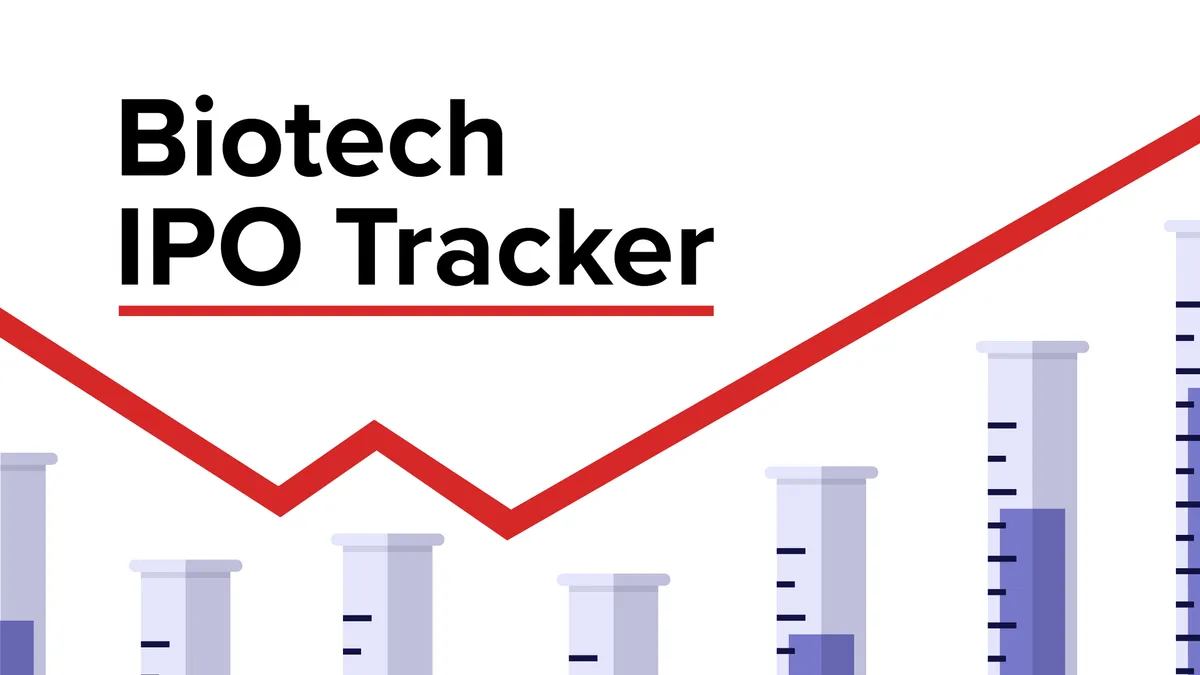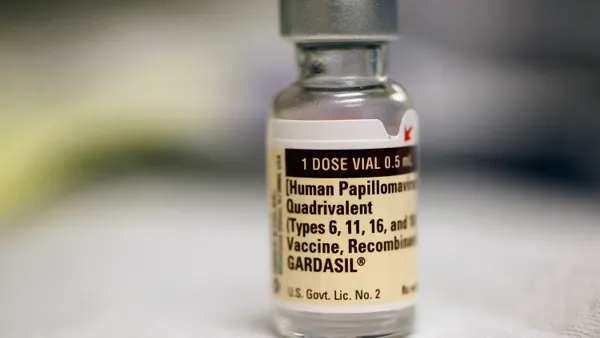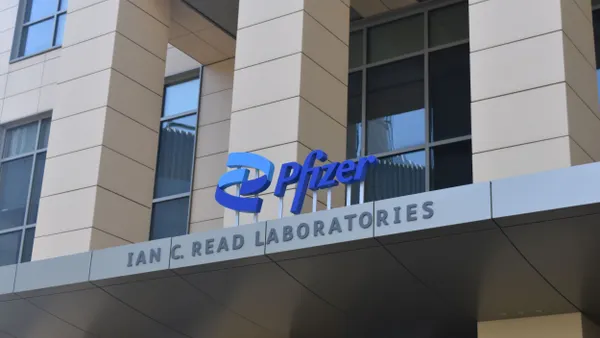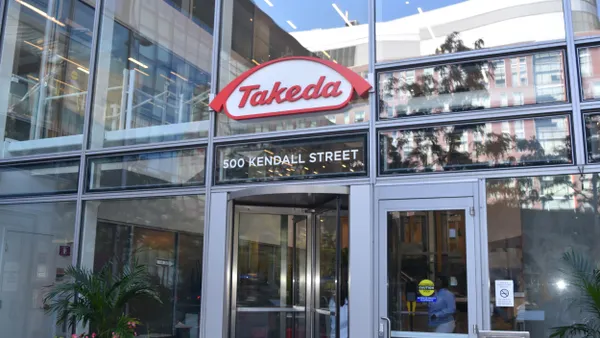Dive Brief:
- The Food and Drug Administration on Friday approved AstraZeneca and Daiichi Sankyo’s Datroway for use in people with a common type of breast cancer that has advanced despite two earlier lines of treatment.
- Datroway, previously known as datopotamab deruxtecan or dato dxd, is cleared for people whose breast tumors are HR-positive and HER2-negative, where in testing it was associated with a 37% reduction in the risk of progression or death compared to chemotherapy. Datroway will compete in that setting with Gilead Sciences’ Trodelvy, which gained a similar approval in 2023.
- A targeted type of cancer medicine called an antibody-drug conjugate, Datroway has struggled to show a clear benefit in lung cancer and, in breast tumors, hasn’t yet proven it can help people live longer. Nonetheless, AstraZeneca is still optimistic about Datroway’s potential, featuring Datroway among 20 drugs that can help the company achieve $80 billion in annual sales.
Dive Insight:
Datroway’s clearance has come in the most common form of breast cancer, which has historically been initially treated with hormone-blocking treatments and chemotherapy but, in recent years, has become a setting for more precise medicines like CDK 4/6 inhibitors and ADCs. Under the FDA approval, Datroway will be used in the third-line setting, following hormone drugs and chemotherapy.
The drug has a list price of about $4,891 per vial, according to an AstraZeneca spokesperson. It’s administered once every three weeks, though the dose given depends on a patient’s weight.
The clearance finally enables Datroway to break into the U.S. market, despite questions about its sales potential. Already, mixed study results have led AstraZeneca and Daiichi to narrow their approval plans in lung cancer, one of the most lucrative markets in oncology. Now, the lack of a clear survival benefit in the drug’s prescribing information and the occurrence of a type of treatment-related lung scarring may give Gilead’s Trodelvy a few advantages, wrote RBC Capital Markets analyst Brian Abrahams.
Additionally, the evolving treatment landscape in HR-positive breast cancer could relegate Datroway to the “third line and beyond,” as even the second-line setting is becoming increasingly segmented into tumors with specific genetic alterations, wrote Leerink Partners analyst Andrew Berens. Berens expects the drug to generate about $540 million in peak annual sales through its current indication.
A bigger market opportunity may await in more aggressive “triple negative” tumors, for which clinical results are expected around the middle of the year. There, Datroway could end up competing with Trodelvy as well.
Gilead’s drug generated about $960 million in sales through the first nine months of 2024.














